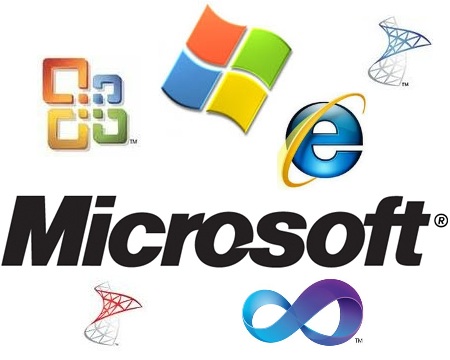This year, 2012, is quite a year for Microsoft. We saw SQL Server 2012, Systems Operations Center 2012, and released earlier this year. Windows 8 and Windows Server 2012 are due for release later this year. Office 15, Exchange 15, and Sharepoint 15 should enter beta this year, and IE 10 is certain to release at some point. We may even see a new version of Visual Studio in 2012. It is certainly a busy time for the developers up in Redmond.
However that means that those of us that are working in IT are faced with a blizzard of upgrades. Even if you aren't planing on performing the upgrades this year, I'm sure there will be requests and no shortage of stealth upgrades taking place in your company. There will certainly be Windows 8 installations coming on new PCs, which means wiping and reimaging.
One one hand I like seeing Microsoft align the release dates of their products closely. This helps to ensure that the newest features are supported by the other platforms. It also means that we don't have strange service pack/hotfix combinations of patches needed to get SQL Server to work with Windows or Visual Studio. That doesn't help us with past products, and there's already no shortage of compatibility issues between a few of the technologies.
However this does mean that a lot of new learning and understanding is required in a short time by much of the IT staffs that must support these technologies. With many people dealing with multiple platforms, this means an even busier fall and winter as they try to understand all the changes that they will be tasked with supporting. My advice is that they start working with a product or two and reading about the changes now. That way you will have some background and context for the actual testing you'll need to do next year.
I don't know how many people will upgrade this year, but even if you delay until late 2013, you'll still have a lot of potential upgrades to plan, test, and schedule.


